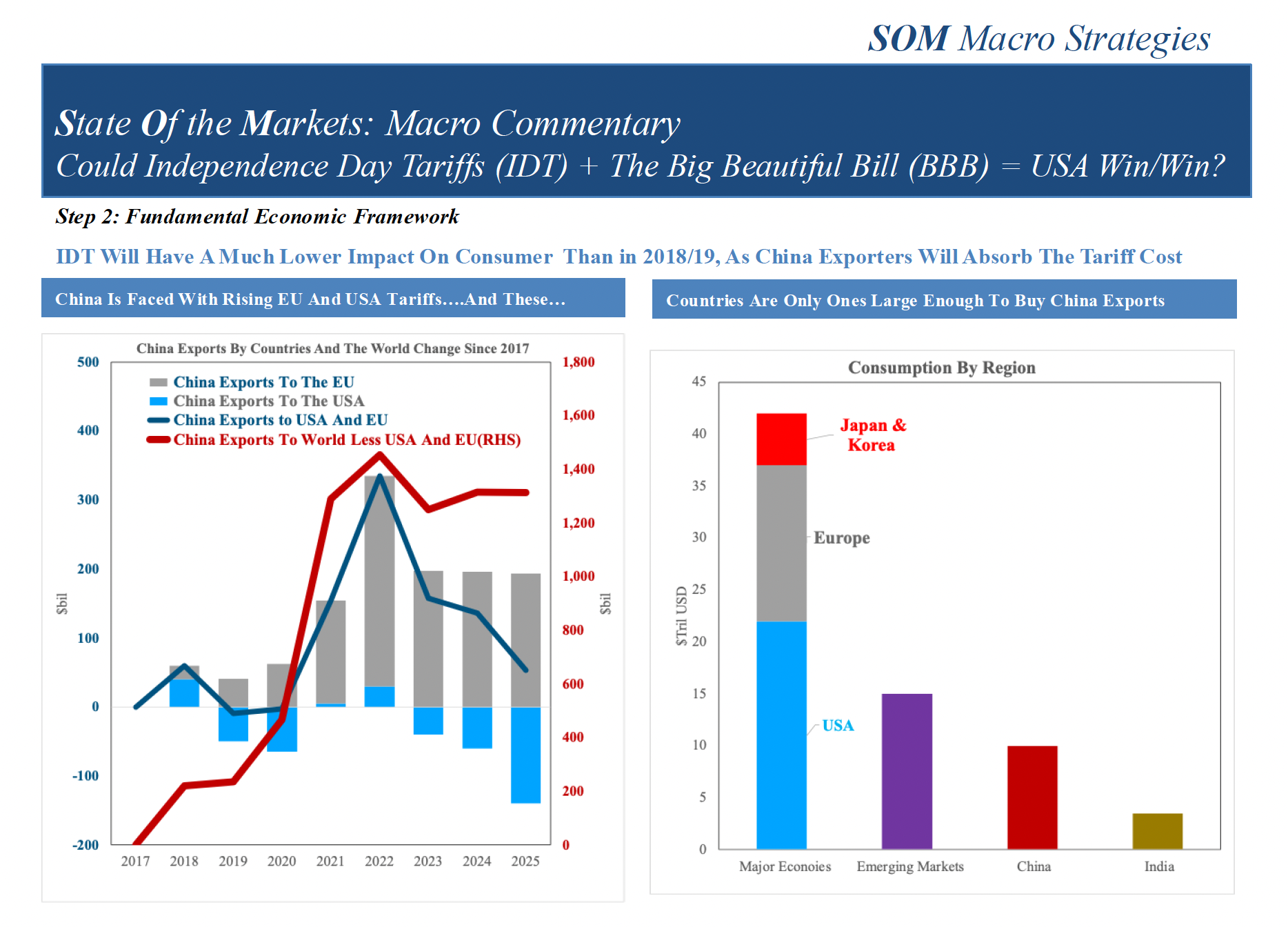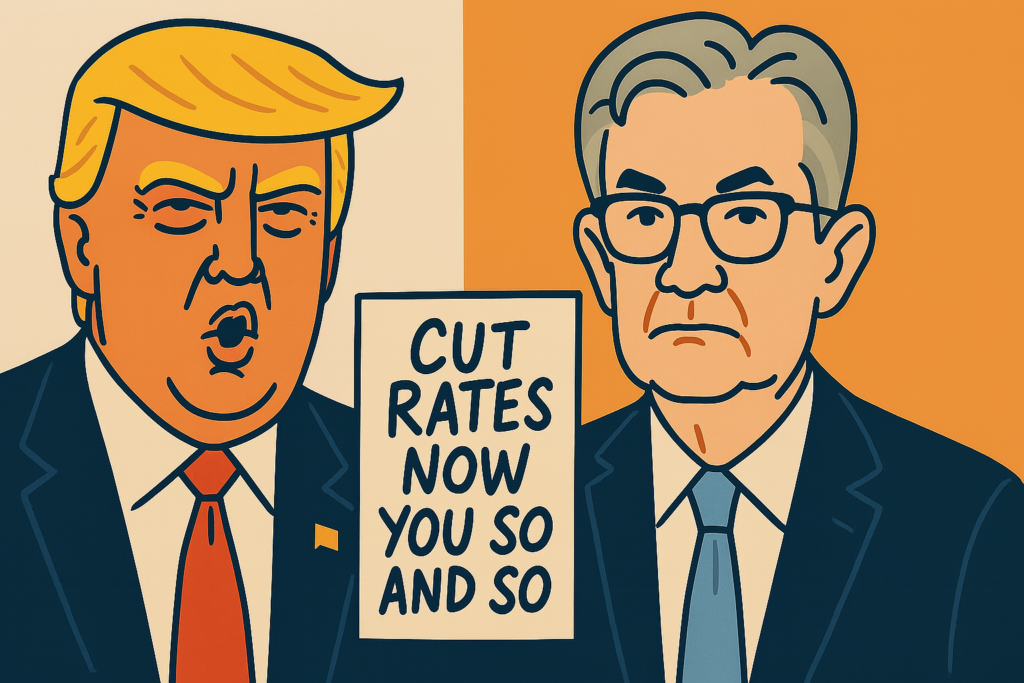China and South Korea experienced an increase in new Covid-19 cases over the weekend. In Argentina, the negotiations between the government and bondholders will continue. The chaos surrounding Poland’s presidential election raises concerns about democratic legitimacy. In the UK, the PM will further explain the country’s exit strategy in parliament.Meanwhile, India’s PM and regional leaders will discuss the country’s exit strategy, the Italian government will announce a new economic aid decree, Brazil’s president could decide on the freezing of public servants’ salaries, and attempts at legal proceedings against the PM's medical visit to Paris will dominate headlines in Cote d’Ivoire.

Identifying persons who could have been in contact with confirmed Covid-19 cases will be crucial to avoid second major outbreaks. However, contact tracing capacity varies by country. The graph above shows that a considerable number of countries are only conducting limited contact tracing. This is the case in the US, France, the UK, and Spain, four countries particularly affected by the pandemic; but also in Argentina, Mexico and Brazil. The outlook regarding the use of mobile apps remains uncertain in many countries – particularly in Europe, where privacy concerns and interoperability across borders are among the most divisive issues.
WHAT TO WATCH
China
The city of Shulan in northeast China's Jilin province reported 11 new cases of Covid-19 on 10 May, raising daily new cases nationwide to 14, the highest single-day total since 28 April. Shulan raised its official risk level to high, locked down residential compounds, banned non-essential transport, and closed schools. As of 7 May, all areas of China had been classified as low risk. In neighboring Heilongjiang province, the capital city of Harbin – which suffered its own outbreak due to imported cases in late April – also reported one new case.
South Korea
A surge of new Covid-19 cases linked to a Seoul nightclub goer has forced the South Korean government to backtrack days after relaxing its social distancing guidelines. While the government has responded with aggressive contact tracing but is still struggling to track down several thousand individuals who may have also been in contact with the infected individual. As a result of the new cluster, Seoul has not only ordered all bars and clubs closed for the time being but the national government will also postpone this week’s reopening of schools until next week.
Argentina
Finance Minister Martin Guzman should reveal today, 11 May, the final level of acceptance for his debt exchange offer, which has been overwhelmingly rejected by bondholders. It is rumored that the offer received the approval of well under 20% of bondholders. The failure of the initial offer means new, and more urgent, negotiations should get underway this week. The government insists publicly that it wants to avoid a default but the current crisis offers the perfect excuse for President Alberto Fernandez to play hardball with Argentina’s creditors. The deadline to avoid a default is 22 May, which is the end of a 30-day grace period for a USD 503mn interest payment.
Poland
The State Electoral Committee (PKW) concluded that no voting was possible in the presidential election held yesterday, 10 May. According to PKW, the speaker of the lower house of parliament now has 14 days to announce a new date of the poll, which must fall within a 60-day period after the announcement. However, given the unprecedented constitutional situation, an alternative timeline is still possible and uncertainty about the procedures, participants and mode of the new vote remains. The chaos surrounding the presidential election raises concerns about the legitimacy of the upcoming poll as well as further erosion of the country’s democratic institutions.
UK
PM Boris Johnson will outline details of his lockdown modifications in parliament today. The PM’s plan has been criticized for its alleged lack of clarity and the weak coordination across different constituent parts of the UK. Meanwhile, there is speculation that the chancellor will this week announce an extension of key economic support schemes until September. This suggests that despite first attempts at easing the lockdown, the UK will continue to tread carefully over the summer.
ON THE HORIZON
ASIA
India
Prime Minister Narendra Modi and several chief ministers of the 29 provinces will meet on 11 May, to work out how the national lockdown can be lifted. A limited number of passenger trains will start operating from 14 May.
Japan
Ahead of a meeting of Prime Minister Shinzo Abe’s medical advisory panel on Thursday, 14 May, t is increasingly likely that Abe will lift the state of emergency for much of the country; however, the state of emergency will likely remain in place for Tokyo and its surrounding prefectures for the time being. At the same time, Abe indicated that his government will also issue a set of guidelines regarding the resumption of business activities this week, a response to a spate of prefectural governors’ issuing their own plans for reopening. Against the backdrop of this debate, the ruling parties have also begun work on a second supplemental budget, which the Liberal Democratic Party wants to pass before the legislative session ends on 17 June.
Malaysia
On 18 May, parliament will hold its first sitting since the new government of Prime Minister Muhyiddin Yassin was formed on 1 March. However, the no-confidence vote proposed by former prime minister Mahathir Mohamad is unlikely to go ahead. The next sitting will be in July. Yassin's coalition holds a slim 113-107 lead in parliament.
Sri Lanka
Restrictions on going to work were lifted in most provinces today, excluding Colombo, the country’s capital, and theadjoining district of Gampaha. Meanwhile, schools and colleges continue to be closed and public transport operates under restrictions.
Vietnam
The 12th Plenum of the Communist Party of Vietnam's Central Committee started on 11 May, to start the process of choosing the next set of party leaders. It will likely decide its selection criteria first; one more plenum is expected before the announcement in January next year.
EUROPE
Germany
The fallout from the constitutional court’s verdict on ECB bond buying continues. The European Commission will keep the option of an infringement procedure against Germany on the table. That would further complicate things for the government which finds itself in the middle of a standoff between independent courts and central banks. But playing the ball back to the political system could ultimately force the political decision about closer integration that European governments have dodged since the attempted European constitution was rejected in the 2005 Dutch and French referenda.
Italy
A much-delayed new economic aid decree worth around EUR 55bn will be unveiled this week. The package’s shotgun approach means that resources might be sprayed indiscriminately across multiple sectors, actors and initiatives.
Ukraine
On Wednesday, 13 May, parliament is expected to adopt a bill amending the banking sector regulation, although further delays are possible. The amendments – significantly reducing the possibility for former owners of insolvent and nationalized banks from recovering their assets – is the key remaining pre-requisite for the release of multilateral financial assistance to Ukraine. If adopted, however, the amendments could still be challenged in the constitutional court.
LATIN AMERICA
Brazil
This week will see whether President Jair Bolsonaro will indeed veto wage adjustments to public servants as a precondition for the assistance to states and municipalities. The draft bill, which went back and forth between the two chambers of Congress for a month, excludes health workers, the military and police forces from salary freezes for a two-year period; Brazil’s economy minister Paulo Guedes, however, is demanding a freeze across the board, which would save public coffers BRL 130 billion (USD 22bn). The investigation against the president for an alleged interference in the federal police prompted by former justice minister Sergio Moro’s departure speech will also show progress this week.
MIDDLE EAST AND AFRICA
Cote d’Ivoire
Attempts to initiate legal proceedings against Guillaume Soro in France as well as Prime Minister Gon Coulibaly’s medical visit to Paris will dominate headlines. As emerged at the end of last week, a group of Ivorian and French nationals filed a civil party complaint against Soro at the Paris High Court. The group incriminates the former prime minister and self-styled candidate in the October 2020 presidential election for the alleged kidnapping, followed by torture and assassination, of Ibrahima Coulibaly, a former Ivorian rebel leader, in April 2011. Soro, who resides in France and was recently sentenced on different charges to twenty years in absentia by an Ivorian court, quickly reacted by filing a complaint for “slanderous denunciation”. Meanwhile, Coulibaly’s extended medical visit to Paris raises questions concerning the health of President Alassane Ouattara’s anointed successor.







